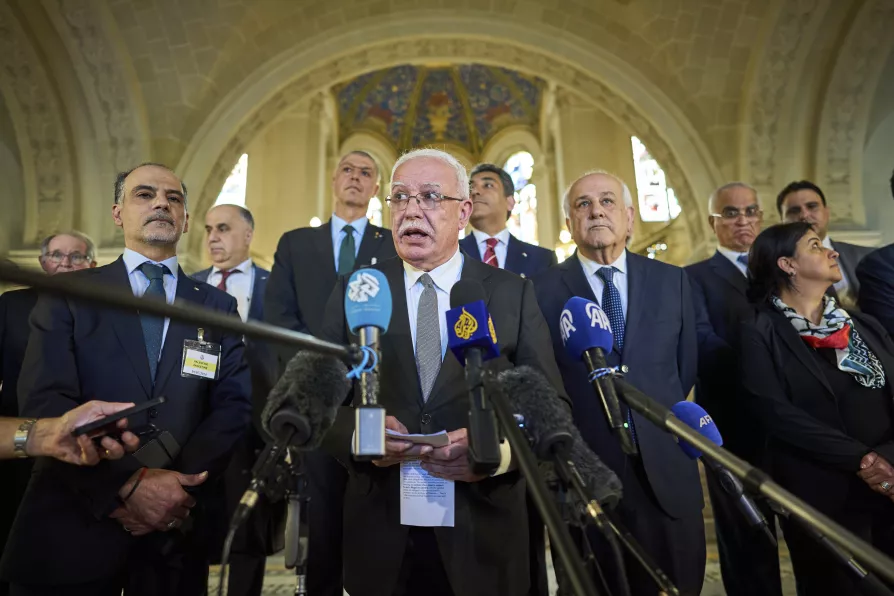VIJAY PRASHAD examines why in 2018 Washington started to take an increasingly belligerent stance towards ‘near peer rivals’ – Russa and China – with far-reaching geopolitical effects
Erdan’s war on the UN: the brutal wish of a failed Israel diplomat
Israel has had a long and troubled history with the United Nations and other UN-linked institutions, writes RAMZY BAROUD
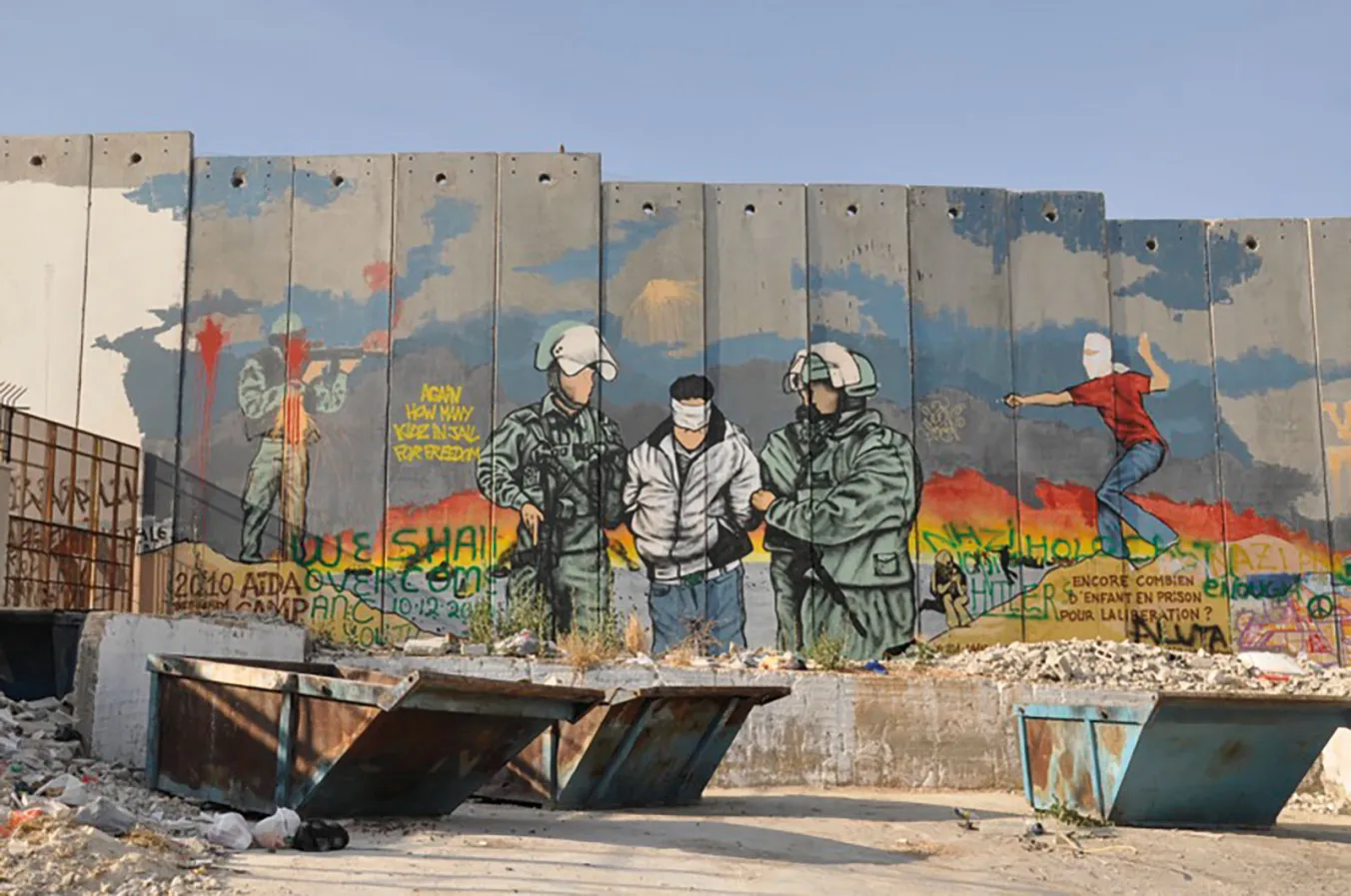
DEPARTING Israeli ambassador to the United Nations Gilad Erdan clearly had an unpleasant experience at the world’s largest international institution.
In an interview published in the Israeli newspaper Maariv on August 20, the disgruntled envoy said that “the UN building should be closed and wiped off from the face of the Earth.”
Whether Erdan has made this realisation or not, his aggressive statement indicates that his four-year career as Israel’s top UN diplomat was a failure.
More from this author
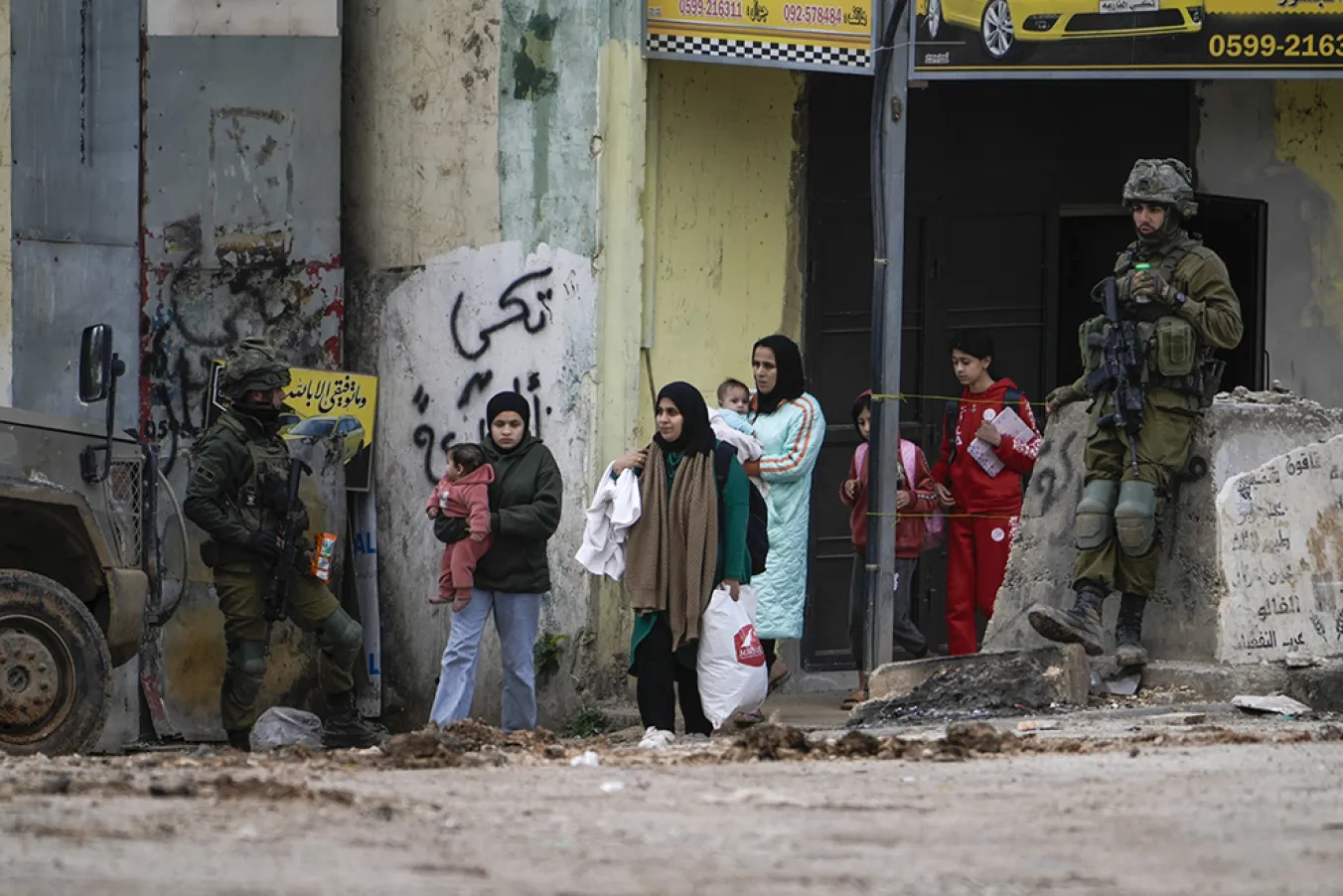
Will 2025 be a year of combat for Israel, as promised by the new IDF chief of staff, wonders RAMZY BAROUD
RAMZY BAROUD explains why, despite horrific losses and destruction, many Palestinians talk of return to their homes as a victory
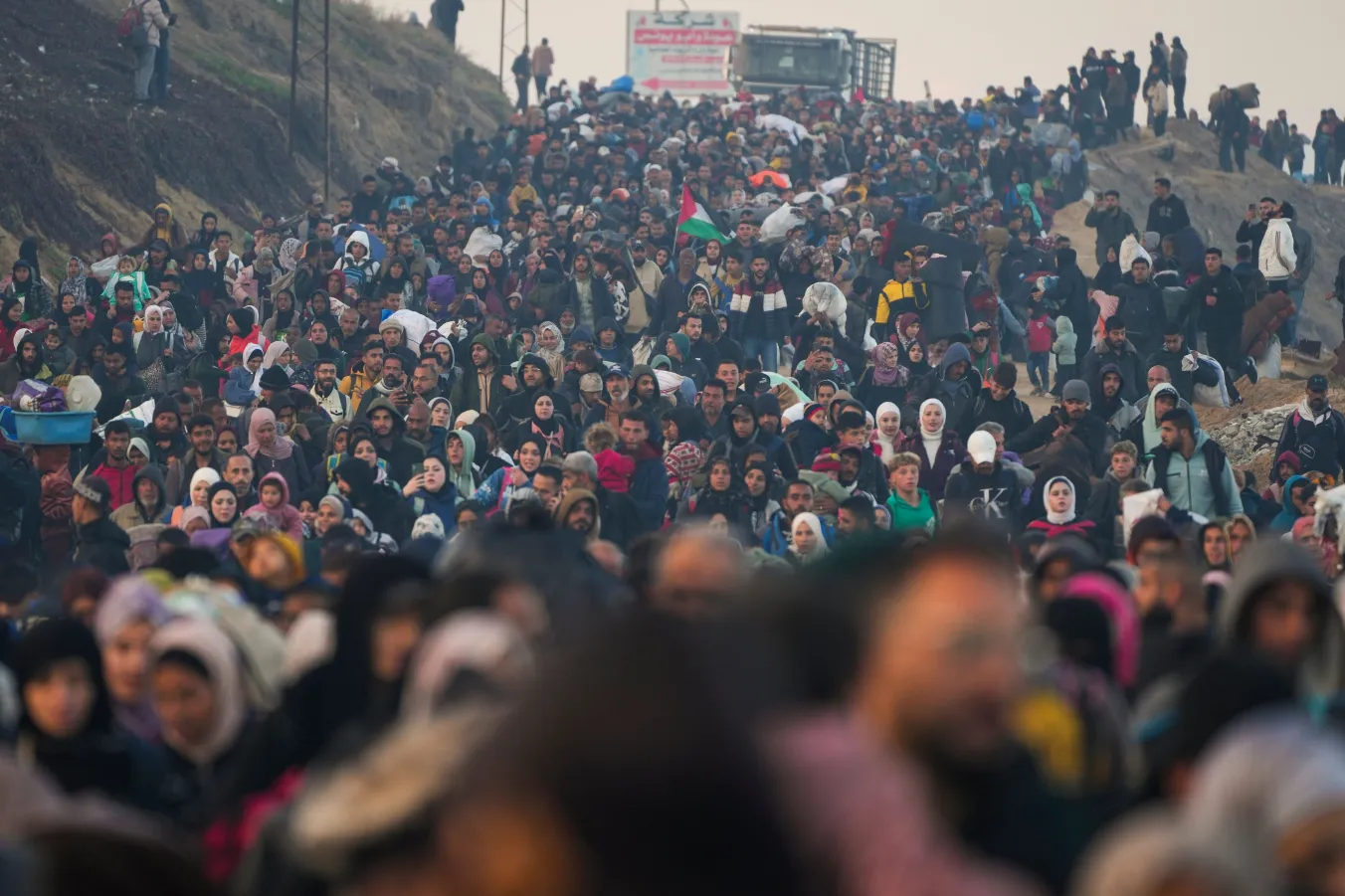
As Gazans return to the ruins of their homes, their chants and songs and moving spirit of defiance point the way to a new Palestinian future, by and of the people, writes RAMZY BAROUD

Though justice for Israel’s war crimes may be delayed, as long as there are pursuers like the Hind Rajab Foundation, it will someday be attained, argues RAMZY BAROUD
Similar stories

Israel’s right-wing government refuses to acknowledge its military failures and declining global legitimacy, while allowing itself to entertain delusional expansion plans fuelled by religious extremism, writes RAMZY BAROUD
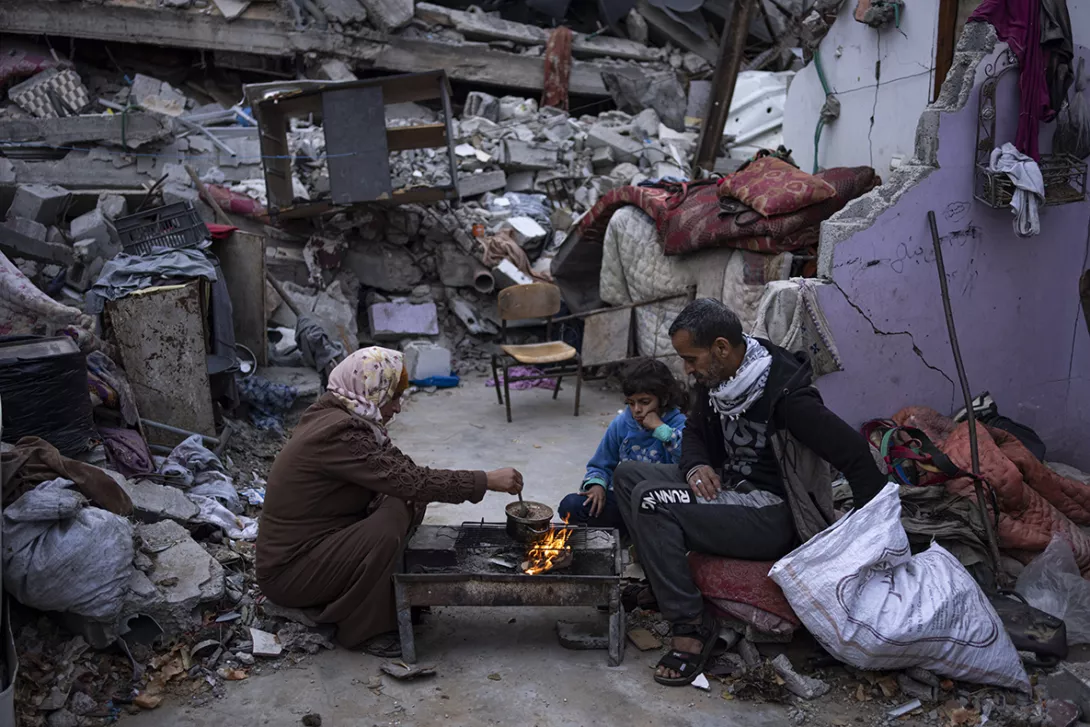
Israel's brutal war on Gaza has exposed it to potential legal accountability and failed to silence Palestinian resistance. Instead, the conflict has recentred the Palestinian cause globally, and revealed the limits of Israeli military power, writes RAMZY BAROUD
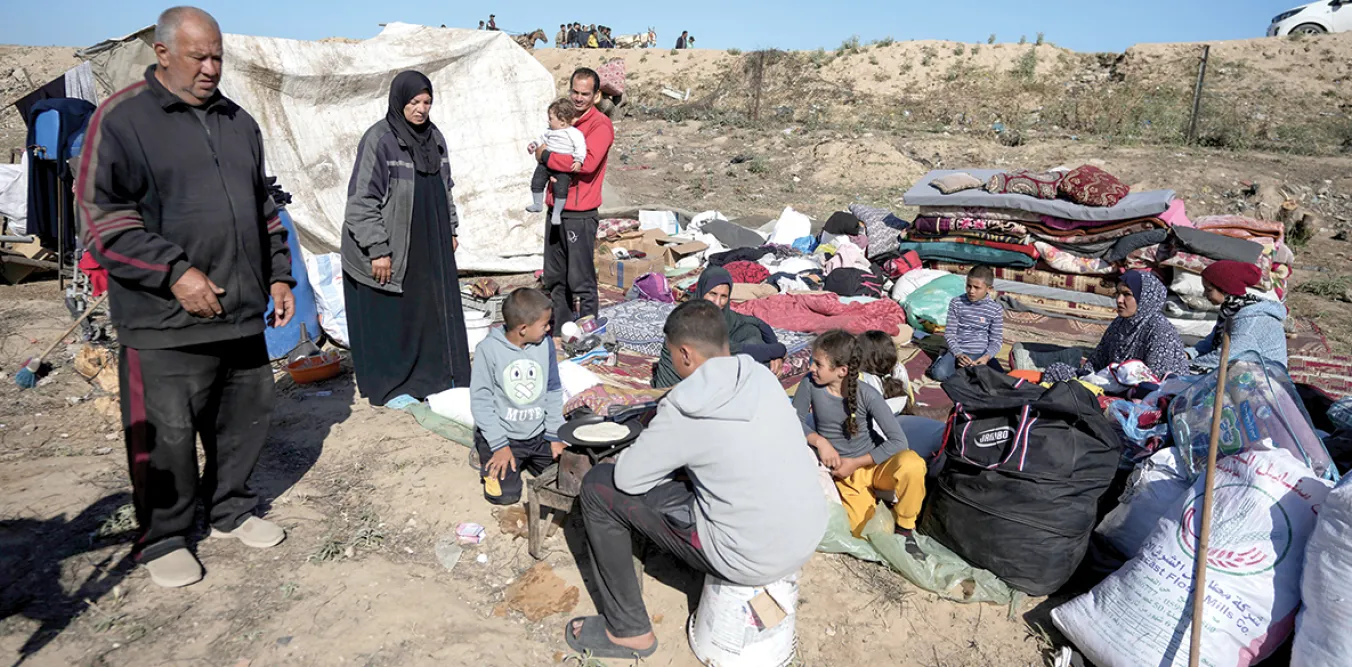
It is clear now beyond any doubt that Israel aims to destroy Gaza and annex the West Bank. As the Palestinian resistance has shown this is not possible, will the West start listening to the Palestinian people, asks RAMZY BAROUD










